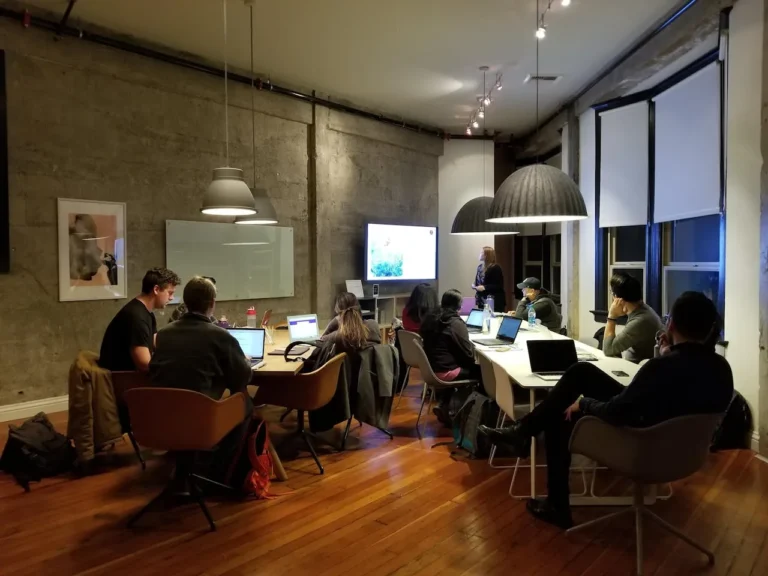Financial freedom isn’t just about having abundant wealth—it’s about having control over your finances to live the life you desire. However, fear often stands in the way. Also, the reduction in these access barriers is further helped by the absence of failure, uncertainty, or the dread of a past economic downturn, for example. Here’s how to move from fear to freedom to control your money destiny.
Identify Your Financial Fears
To overcome an fear one must know the fear.
Common Fears:
Running out of money during emergencies.
Not saving enough for retirement.
Fear of making bad investment decisions.
Action: It’s strange how my financial anxiety pops up and putting it on paper helps. Acknowledging these fears helps in creating actionable solutions.
Set Clear and Realistic Goals
Having vague or overly ambitious goals can fuel fear. Break down your financial aspirations into achievable steps.
- Short-Term Goals: Leave an affordably priced emergency reserve or pay off a small loan.
- Medium-Term Goals: It could be a vacation, a new car, or a down payment on a house.
- Long-Term Goals: Build a retirement corpus or fund your child’s education.
SMART Framework: Objectives should be Specific, Measurable, Attainable, Relevant and Time-bound.
Example: Save ₹5,00,000 to buy a house in 3 year” is preferable than “Save for buying a house.
Create a Financial Roadmap
A financial plan transforms hopelessness into hope by giving a definitive sense of what to do.

Step 1: Track income and expenses to understand your cash flow.
Step 2: Define savings, investment, and expenditure in the 50/30/20 system.
50% for necessities, 30% for discretionary expenses, 20% for savings and investments.
Step 3: Use tools like budgeting apps to monitor progress.
Build an Emergency Fund
The avoidance of the prospect of unexpected expense is one of the biggest craters on the road to financial independence. An emergency fund acts as a safety net.
Target: Save 3–6 months of living expenses.
Where to Save: Achieve savings on a savings account with easy withdrawable cash and aim to outperform inflation.
Just by knowing that you are equipped to handle emergencies stress reduces and you are no longer constrained to tackle long term objectives, but rather enjoy the freedom of that pursuit.
Educate Yourself About Money
Lack of financial literacy is often accompanied by a state of anxiety and indecisiveness in decision making. However, after understanding the basics in personal finance and investing, informed decisions can be made.

Start Small: Learn about budgeting, saving, and debt management.
Go Deeper: Explore investments like mutual funds, stocks, and bonds.
Resources: Just read book, sign up for online courses, and have financial planner advise you.
Tackle Debt Strategically
Debt can be a disaster some experience, but it can and will be possible, if approached in a systematic manner, to turn debt into a series of manageable steps, e.g.
Prioritize: Pay off high-interest debt first (e.g., credit cards).
Consolidate: Combine debts into a single loan with lower interest.
Start Investing Early
One of the biggest fears is outliving your savings. Investing helps grow your wealth and beat inflation.
Options:
- Mutual funds for long-term growth.
- Fixed deposits or debt funds for stability.
- Real estate for diversification.
Power of Compounding: Small amounts of investment on the long term, but massive increase over the time scale.
Automate Savings and Investments
Automating removes the emotional barrier of needing to make or save invest on a monthly basis.
How to Automate:
Create a SIP (Systematic Investment Plan) for mutual funds.
Continue standing instructions for transfer to either your savings account or pension fund on a monthly basis.
Celebrate Milestones
Recognizing progress is essential to staying motivated.

Example: And rejoice when you repay a debt, hit a savings goal, or make your first investment.
Why It Matters: Mild successes create patterns of behaviour in a positive manner and condition the fear of error.
Cultivate a Growth Mind-set
Modified from loathing financial uncertainty to not gasping for growth obstacles.
Learn from Setbacks: Treat financial mistakes as lessons rather than failures.
Focus on Progress: Just find things to celebrate that you’ve already achieved, rather than the things that are yet to be gotten finished.
Conclusion
Financial sustainability is a progression from fear to freedom, literally along a process of planning, learning, and resilience. If you push through the fear, be extremely specific about what you want to achieve, and then act, you can turn financial anxiety into security.
Remember, financial freedom isn’t about perfection—it’s about progress. Just make that first move today and lay the way to a blissful future.







